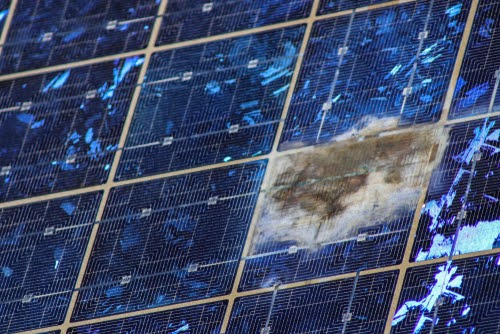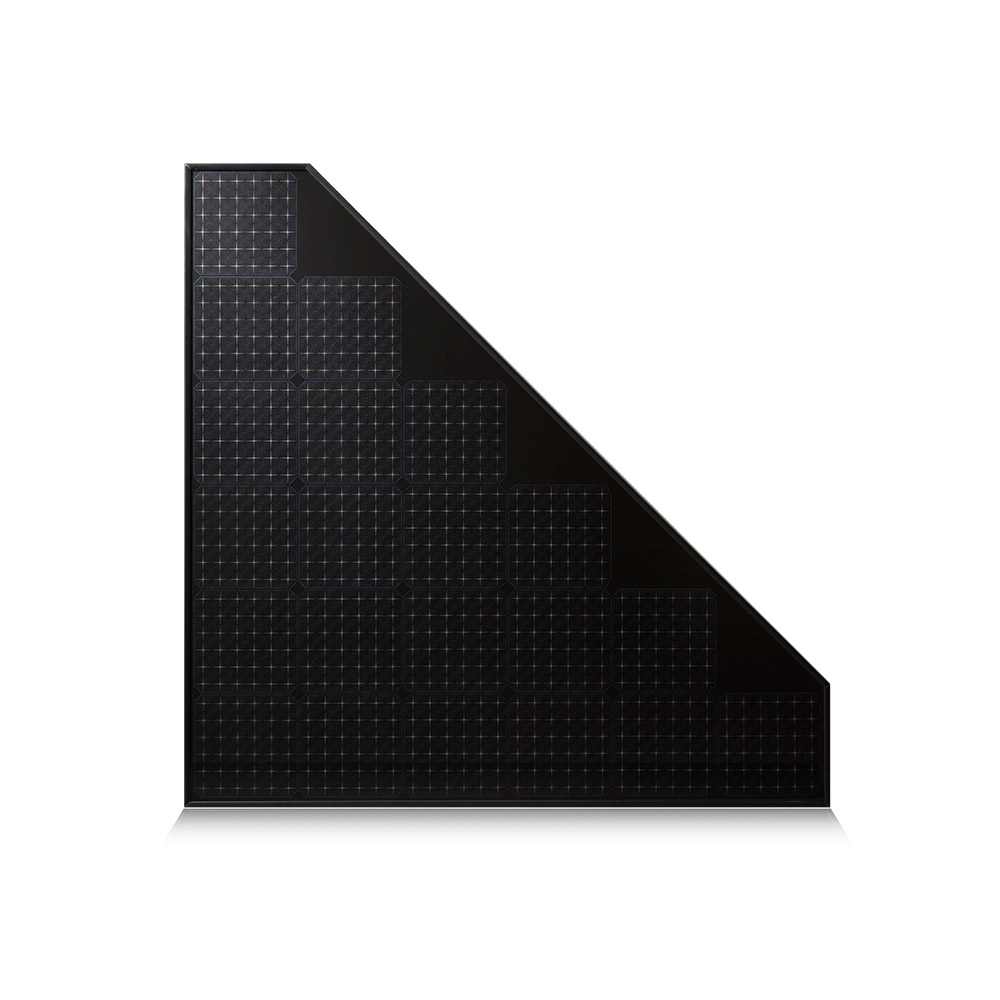
In the transition to more sustainable practices, the use of solar energy plays a crucial role. One of the issues that concerns investors and owners is the safety of photovoltaic panels, in particular the possibility of them catching fire. However, it is important to recognise that such accidents are extremely rare and can be attributed to specific causes such as lightning strikes, poor maintenance, installation errors or the use of substandard components. Therefore, compliance with safety regulations, correct installation and siting are essential to further minimise the risk and ensure that the switch to solar energy is not only environmentally beneficial, but also completely safe for everyone.
Photovoltaic panels are generally considered to be very safe, but as with any technology, there are circumstances in which risks can arise. Here are some of the main reasons why a photovoltaic panel can catch fire:

To minimise the risk of fire associated with photovoltaic systems, it is essential to comply with safety regulations and adopt appropriate installation and maintenance practices. Although photovoltaic systems are not among the activities subject to fire prevention controls defined by Presidential Decree 151 of 1 August 2011, they can influence the level of fire risk in a building. Here are some essential measures to prevent panels from catching fire:
By taking these precautions, you can effectively reduce the risk of panels catching fire and ensure the safe and sustainable use of solar energy.
For those looking for a safe and reliable photovoltaic solution, Trienergia photovoltaic modules are the ideal choice. Certified CL1 in accordance with UNI 9177 and having passed the tests required by UNI 8457, UNI 9174 and UNI 9174/A1, they offer excellent fire resistance, guaranteeing not only energy efficiency but also absolute safety. In fact, these standards certify that the panels have passed rigorous fire resistance tests and that, in the event of a fire, the panels help to limit the spread of flames, allowing valuable time for evacuation and intervention.
At Trienergia, we are committed to offering cutting-edge products that meet sustainability requirements without neglecting the protection aspect. Contact us to find out how our panels can enhance spaces while respecting the environment and ensuring maximum safety.
